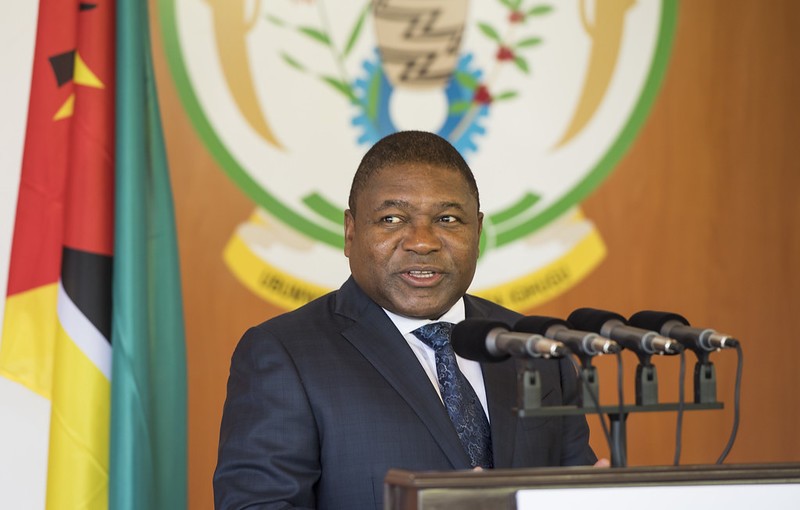Mozambican state-owned companies had taken $2 billion in bank loans from Credit Suisse and the Russian bank VTB to finance development projects in the tuna fishing industry and maritime security.
The hidden loans received the backing of Mozambique government guarantees, which had not been approved by parliament. This means that if the companies do not pay back, the state has to.
Half a billion of the borrowed sum allegedly went missing, and about $200 million were allegedly diverted into bribes and kickbacks.
In 2017, Mozambique defaulted on the loans, plunging one of the world's most indebted countries into a financial crisis. As rumors about the hidden loans began to spread, Mozambique's currency collapsed, and donors like the IMF and World Bank cut off their aid programs.
According to a report published by Mozambique's Center for Public Integrity, at least 1.9 million people fell below the poverty line by 2019 as a result of the fallout from the scandal—the largest in the country's history.
The tuna bond scandal led to a series of lawsuits in London, New York, and South Africa involving Mozambique's former finance minister, Manuel Chang, executives of the state-owned companies, several Credit Suisse executives, and Lebanese shipping company Privinvest.
Privinvest's owner, Iskandar Safa, has tried to include President Nyusi in the U.K. lawsuit, claiming that the company contributed $11 million to fund Nyusi's and his political party's campaign, and he should therefore be liable for any damages the company might be ordered to pay if found responsible.
However, the High Court in London ruled that the President enjoys immunity in this lawsuit as long as he is the head of state in Mozambique.



